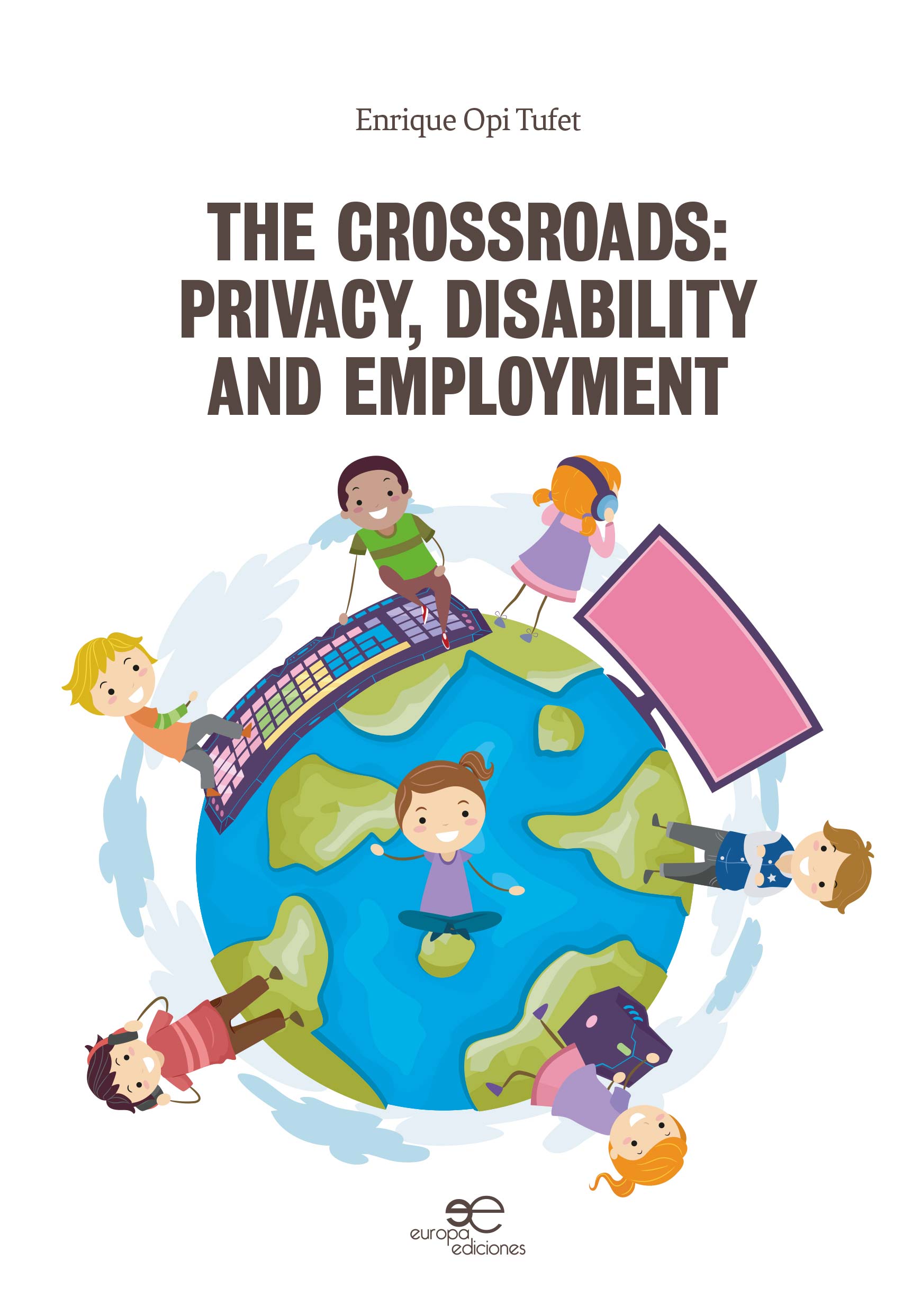P
Privacy, Disability, and Employment: Navigating the Crossroads with Purpose
It has taken over two years to bring this book to life—but it is finally here. The Crossroads: Privacy, Disability and Employment is not just a book. It’s a practical guide to navigating one of the most complex intersections in today’s professional landscape: where human dignity, technological advancement, and regulatory responsibility meet.
This journey has been long, but never solitary. I am profoundly grateful to Leonardo Cervera Navas, who wrote the preface and stood by me throughout this process. Leonardo is, without doubt, one of the most insightful minds on data protection in Europe today. A senior figure in the European Commission, recipient of the Barbara Wellbery award, a Duke University fellow, and the author of both legal and historical works, he brings not only experience but also conscious leadership to this field. His support has been both intellectual and human—and I thank him deeply.
Technology as an Equalizer—And a Risk
This post belongs in the technology section of my blog for a reason. I believe technology holds enormous potential as a force for inclusion—especially for people with disabilities in the workforce. But as with all powerful tools, it comes with responsibility.
Technology, when used indiscriminately, can deepen divides rather than bridge them. We risk widening the digital gap and increasing the exclusion of those already marginalized. In a truly democratic society, that is unacceptable.
Inclusion must be intentional. The most vulnerable cannot be left behind.
Interdisciplinary Thinking: A New Kind of Expertise
The Crossroads embraces an interdisciplinary approach—one increasingly necessary in our complex, connected world. Take the gaming industry: creating a successful video game today often requires historical accuracy, cinematic visuals, ethical storytelling, and advanced programming. This convergence of fields is a metaphor for how innovation now works—not in silos, but in symphony.
Similarly, the recruitment and employment of people with disabilities requires understanding of:
-
Data protection
-
Labor law
-
Human rights
-
Corporate compliance
-
Disability rights
-
Communication
-
Psychology
The Crossroads touches upon all of these—and more—offering readers clear explanations, practical tools, and plain-language summaries of key court rulings. You don’t have to be a lawyer to understand the evolution of legal protections in this field. That’s by design.
Privacy Is Not a Preference. It’s a Right.
As the book states:
“Privacy is a fundamental right, which needs to be protected. All data concerning the disability of a person are considered sensitive data and must be awarded the highest level of protection.”
These are not just words. They reflect the core values of the European Union—privacy, dignity, equality, and non-discrimination—enshrined in the Treaties, the Charter of Fundamental Rights, and in secondary legislation.
Yet today, more than 15% of the EU’s potential workforce lives with some form of disability. Shockingly, half of them remain unemployed. That is both a social failure and an economic loss.
We must do better—and that begins with protecting the rights and data of those most vulnerable.
A Practical Manual for a Shared Mission
The Crossroads is designed as a driving manual for disability organizations, HR professionals, and policymakers. It provides:
-
Direct references to the General Data Protection Regulation (GDPR) and related EU laws
-
Contextualized insights on how to apply those laws in real-world settings
-
A framework to embrace technology without compromising privacy
We also highlight an urgent gap: the shortage of qualified Data Protection Officers (DPOs)—especially in the third sector, where these roles are often outsourced to firms unfamiliar with the specific needs of NGOs, associations, and foundations. This leads to a “check-the-box” compliance model that fails to protect people.
Towards a European Code of Conduct
Among the key proposals in the book is a call for the creation of a European Code of Conduct, developed in collaboration with the European Disability Forum (EDF). This would be a “soft law” instrument—a voluntary but influential standard—to guide organizations in handling disability-related data ethically and effectively.
A Book with a Soul
The cover of The Crossroads features children playing, a symbol of hope, possibility, and the shrinking distances between us—thanks to technology and shared values. I am thankful to the publishing house for agreeing to a fair pricing policy, so the book can reach the widest possible audience.
As an “actibilitist”—an activist for the rights of persons with disabilities—I am proud of this work. But more than pride, I feel responsibility. I hope it will serve our sister organizations across Europe and beyond.
And I hope it brings you new insights, a fresh perspective, and perhaps—just perhaps—a little inspiration.
Because leadership means showing the way—especially at the crossroads.
Let’s choose the path of dignity, inclusion, and responsibility.
